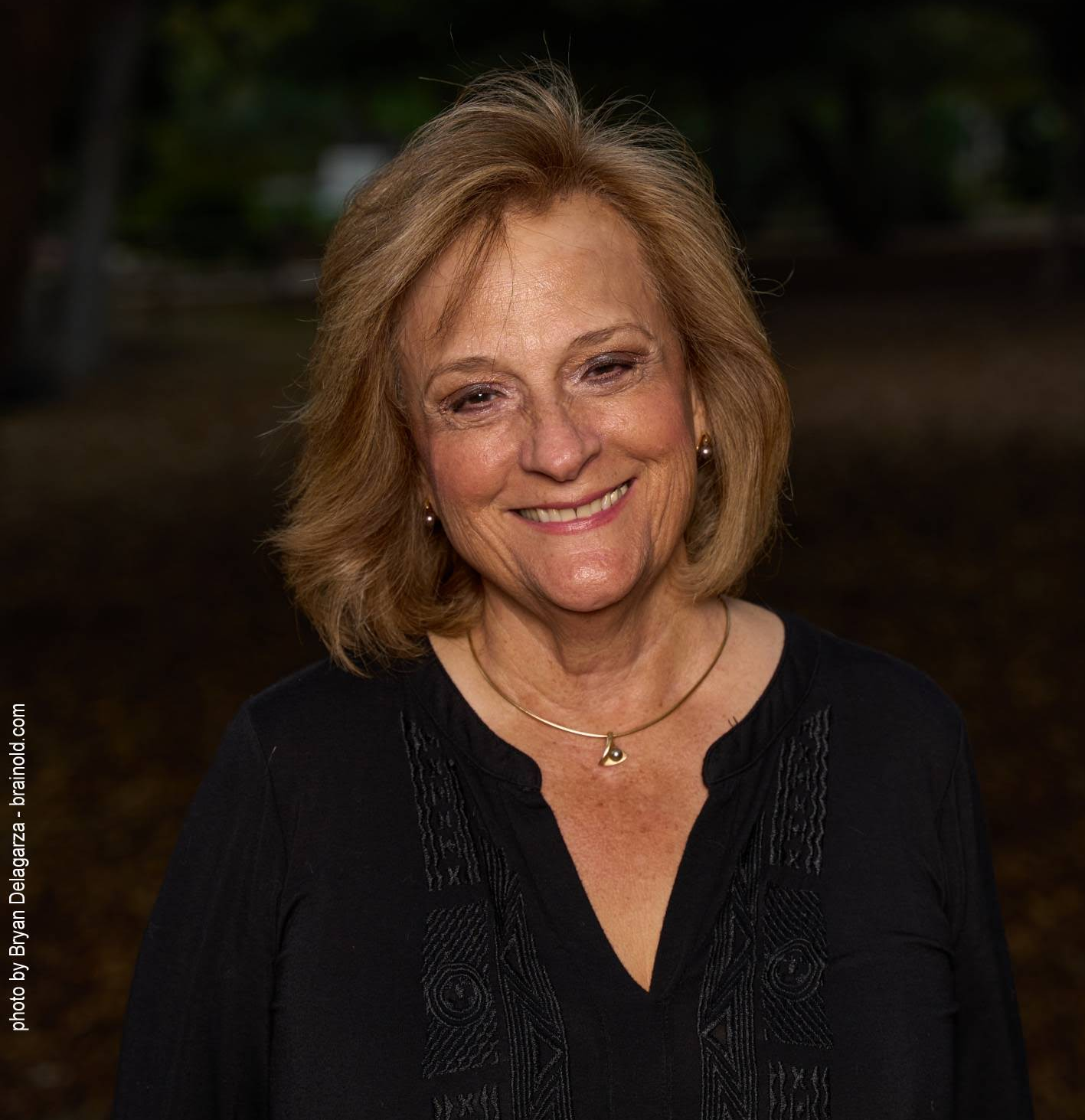December Advocate Spotlight
Leti Diaz

1. How long have you been an Advocate and when did you realize you wanted to become one?
I have been an advocate for over a year and a half. I first heard about CASA back in the early ‘90s and knew a woman at work who was a CASA advocate. I knew then I wanted to be a CASA Advocate one day, but for me working, children, caring for an elderly parent, etc. kept me from doing this until I retired. My daughter wanted to become a CASA Advocate and wanted me to sign up with her, and this is how it all started.
2. What is the most rewarding aspect of being an advocate?
Being an advocate is rewarding in many ways. First, you hope your work on your case has you being a part of the solution and not part of the problem regardless of which agency/institution you are working with. Watching the progress and development of the children during this process is very inspirational, that in spite of all the obstacles presented to these children, they are resilient and thrive in a safe, loving environment. Being an advocate brings personal growth in humanity. These children don’t know you, don’t know if they can trust you, don’t know if you really care for them. But in time, they know they can count on you, that they know you love them, and that they can trust you to come back to be with them.
3. If you could offer some words of encouragement to your fellow and incoming Advocates, what would they be?
Be yourself, know that you are making a difference in the children’s lives and in the caregiver’s life, even if they don’t realize or acknowledge it at times. Trust your instinct in how to handle situations, you will gain information and knowledge about the children when you pick them up and spend time with them. Even though there might be some setbacks with the whole situation with the children, be patient and non-judgmental of the different agencies/institutions that are involved in the whole process, yet do speak up as necessary. Be patient with the caregivers as they have a lot on their plate and may not put the same sense of urgency on certain things as you would, but you know they still have the children’s best interest at the forefront.








